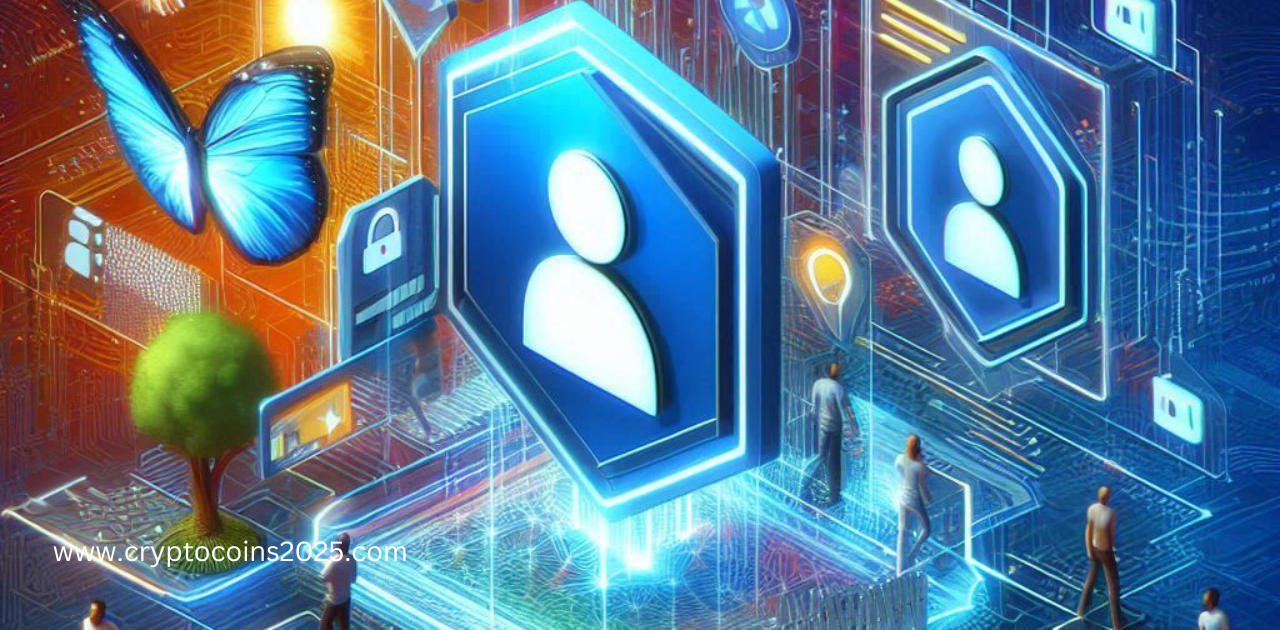Contents
Identity Reimagined: How Blockchain Can Revolutionize Identity Management
Traditionally, our identities have been managed by centralized authorities – governments issuing passports, banks holding financial information, and social media platforms controlling our online profiles. This system has its weaknesses – data breaches, identity theft, and limited control over personal information. Blockchain technology offers a potential solution: a secure, transparent, and user-centric approach to identity management.
The Power of Blockchain

Blockchain is a distributed ledger technology, essentially a shared database maintained by a network of computers. Each record, or “block,” contains information and is cryptographically linked to the previous block, forming an immutable chain. This structure offers several benefits for identity management:
- Decentralization: There is no single point of failure, reducing the likelihood of a data breach.
- Security: Cryptography ensures the integrity and authenticity of data.
- Transparency: All authorized users can see a history of changes to identity records.
- User control: Individuals control access to their data, deciding who can see it and for what purpose.
Benefits of Blockchain-Based Identity Management
- Increased security: The tamper-resistant nature of blockchain significantly reduces the risk of identity theft and fraud.
- Improved privacy: Users can choose what information to share and with whom, giving them more control over their privacy.
- Streamlined processes: Identity verification can be faster and more efficient, eliminating the need for multiple registrations on different platforms.
- Empowerment: Individuals become the custodians of their own identities, increasing trust and reducing reliance on centralized authorities.
| Characteristics | Traditional Identity Management | Blockchain-Based Identity Management |
|---|---|---|
| Data Storage | Centralized Server | Distributed Ledger |
| Control of Data | Limited user control | User-centric control |
| Security | Vulnerable to breaches | Highly secure |
| Transparency | Limited visibility | Transparent history of changes |
| Efficiency | Time-consuming verification | Faster and more efficient verification |
The way forward
While blockchain has immense potential, challenges remain. Standardization across platforms, legal frameworks to govern this new system, and user education are critical to widespread adoption. Collaboration between governments, businesses, and individuals is essential to unlock the full potential of blockchain for a more secure, empowering, and user-centric approach to identity management.
Frequently Asked Questions

- Question: Will blockchain replace traditional identity documents?
- Answer: Not necessarily. Blockchain can act as a secure and verifiable supplement to existing documents.
- Question: How will governments be involved?
- Answer: Governments can play a role in setting standards and regulation for blockchain-based identity systems.
- Question: Is blockchain completely secure?
- Answer: Blockchain is highly secure, but vulnerabilities may exist at the application layer. Security practices must be rigorous.
Blockchain technology has the potential to revolutionize identity management, providing a future where individuals have more control over their data and can interact securely in the digital world.

